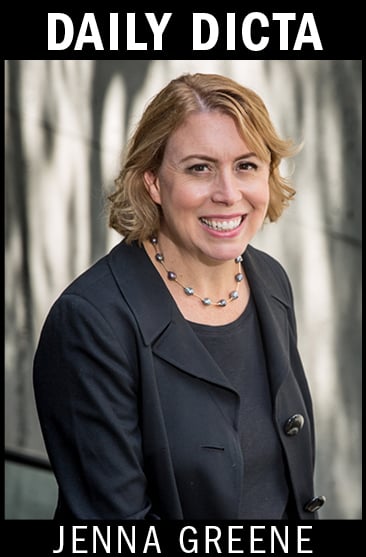Damn, they actually did it.
In one of the more surreal actions to come out of Trump-era Washington, the Consumer Financial Protection Bureau on Monday finalized a rule that bars banks, credit card issuers and the like from using arbitration clauses—the ones buried in the fine print of hundreds of millions of contracts—to block class actions.
 It was bold move, and one that couldn’t be more out of step with the current administration (which is stuck with Obama appointee Richard Cordray as the agency director, at least for now).
It was bold move, and one that couldn’t be more out of step with the current administration (which is stuck with Obama appointee Richard Cordray as the agency director, at least for now).
The U.S. Chamber of Commerce promptly labelled the CFPB “an agency gone rogue.” They’re right—the CFPB is rogue, but in a good way.
Because the CFPB got this one right: forcing consumers to waive their right to unite in pursuing class actions is a raw deal.
As Cordray said on a conference call with reporters, “Arbitration clauses in contracts for products like bank accounts and credit cards make it nearly impossible for people to take companies to court when things go wrong.”
It’s important to point out that the CFPB, which is sure to face congressional and Administrative Procedure Act challenges to the rule, went after arbitration based on a specific legislative mandate. The Dodd-Frank Act explicitly required the agency to study the use of pre-dispute arbitration clauses in consumer financial contracts.
Congress further said the CFPB “by regulation, may prohibit or impose conditions or limitations on the use of” such arbitration clauses if the bureau finds that doing so “is in the public interest and for the protection of consumers,” and is “consistent with the study.”
In other words, there’s nothing arbitrary or capricious about this.
And the study—728 pages long—was a devastatingly thorough takedown of arbitration, especially in the class action context.
Consider some of the findings:
Over a two-year period, American Arbitration Association neutrals issued 341 decisions in disputes that involved credit cards, checking accounts, prepaid cards, payday loans, private student loans and mobile wireless contracts.
Consumers won awards in 32 cases and obtained debt forbearance in 46 cases. The total combined relief in all cases: under $400,000.



